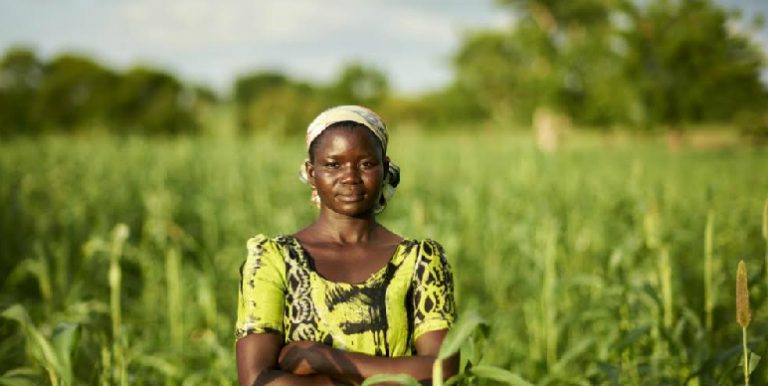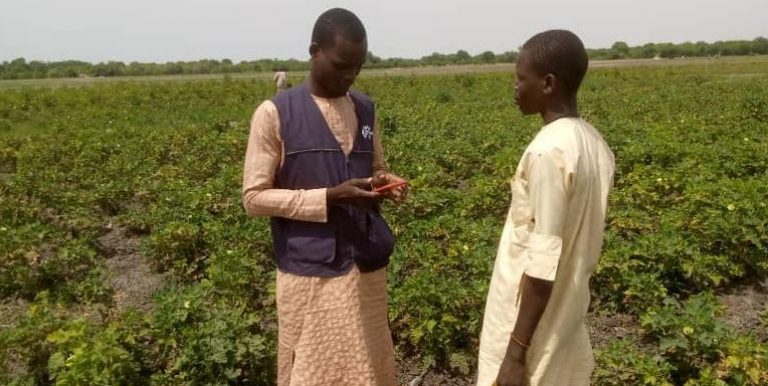Regenerative Agriculture in Africa by Michael Omega, Senior Associate, Intellecap
Regenerative Agriculture in Africa: A Transformative Approach for Food Security, Ecosystem Restoration, and Smallholder Empowerment
Sub-Saharan Africa is facing unprecedented population growth, with projections indicating that agricultural output must more than double by 2050 to meet burgeoning food demand. Current trajectories suggest that without significant intervention, 65% of the population could face food insecurity by mid-century.
While stakeholders have proposed various solutions, including intensified industrial agriculture, biodiverse food systems, and supply chain optimization, these approaches often fall short of addressing the complex, interconnected challenges facing African agriculture. Many proposals require substantial capital investment and technological infrastructure, which are often scarce in developing economies. Moreover, these solutions frequently fail to account for the socioeconomic realities of smallholder farmers, who comprise over 60% of the agricultural workforce in sub-Saharan Africa.
The confluence of population growth, climate change, and environmental degradation necessitates a transformative approach that can simultaneously address food insecurity, restore ecosystems, and build resilience across multiple levels of the agricultural value chain. This includes enhancing the adaptive capacity of smallholder farmers, securing food access for vulnerable communities, and preserving critical ecosystem services.
Regenerative agriculture emerges as a promising paradigm in this context. This holistic approach to farming aims to rebuild soil health, restore degraded ecosystems, and promote biodiversity while maintaining or increasing agricultural productivity. By aligning with natural processes, regenerative agriculture offers the potential to concurrently address food security, environmental conservation, and climate change mitigation.
Africa’s agricultural landscape, dominated by smallholder farmers, is uniquely positioned to benefit from regenerative practices. Many of these farmers already employ traditional methods that align with regenerative principles, leveraging their deep understanding of local agroecosystems. However, the widespread adoption of regenerative agriculture faces significant barriers, primarily due to limited access to resources, including credit, appropriate technology, and market linkages.
The Good Food Innovation Fund (GFIF), supported by The Rockefeller Foundation and implemented by Intellecap, exemplifies an innovative approach to overcoming these barriers. The fund aims to increase access to good food for underserved populations, these are foods that are nourishing, regenerative, and equitably produced and distributed. By focusing on agro-processors as key leverage points in the value chain, GFIF catalyzes the adoption of regenerative practices at scale. The fund supports SMEs that work directly with smallholder farmers, providing essential resources and market access.
For instance, GFIF-supported companies like Delish and Nutri in Kenya, which process biofortified beans, supply critical post-harvest equipment to farming communities, significantly reducing losses and optimizing resource utilization. The fund also facilitates structured contracts between SMEs and farmers, ensuring price stability and income security across crop cycles. This approach not only mitigates market volatility for smallholders but also incentivizes the adoption of sustainable agricultural practices.
Furthermore, GFIF addresses market access challenges through a multifaceted strategy. By mandating SMEs to directly procure from farmers or cooperatives, the fund eliminates unscrupulous intermediaries, enhancing transparency and ensuring fair prices for producers. ESOP Kandi, a rice milling company in Benin, provides regenerative agricultural extension services to rice farmers, thereby sustainably improving crop yields.
All seventeen GFIF-supported SMEs are mandated to supply nutritious, processed products to institutional buyers like schools, enhancing food security and nutrition for vulnerable populations. These initiatives not only establish stable market connections but also encourage diverse and nutritious crop cultivation, particularly benefiting marginalized farmers.
By tailoring solutions to the African context and engaging with existing local institutions and networks, we can create an enabling environment for smallholder farmers to fully adopt regenerative agriculture practices. This context-specific approach is essential for achieving the goals of ecosystem restoration, climate change mitigation, and sustainable food production in Africa.
Regenerative agriculture offers a path forward for healing the land, revitalizing biodiversity, and empowering smallholder farmers in Africa. By working together – governments, development partners, farmers, and local communities – we can unlock the potential of regenerative agriculture to create a more resilient, sustainable, and equitable future for all.








